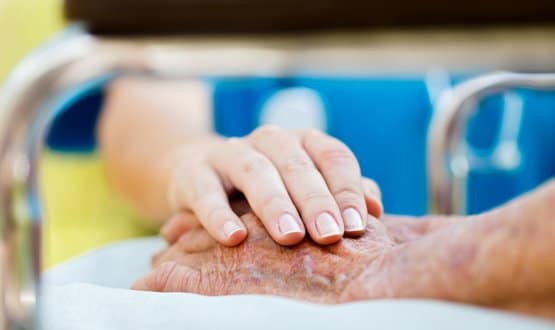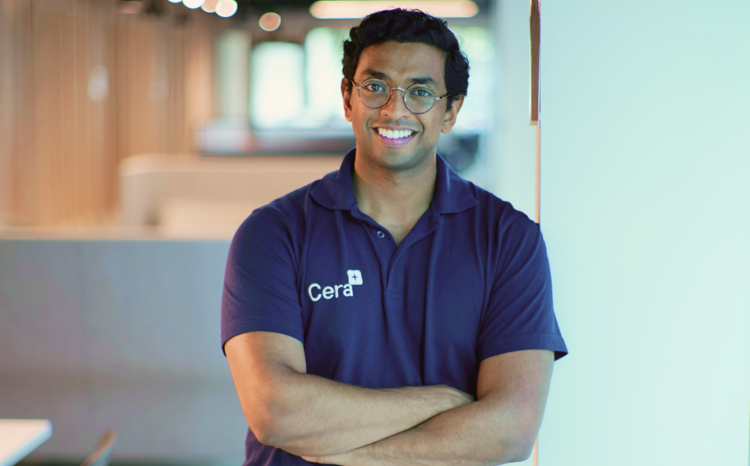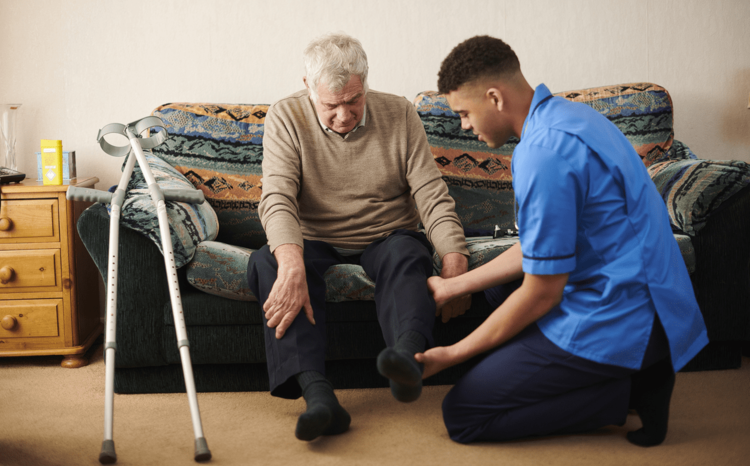‘Carer on demand’ service launched

A new service that provides social care on demand has been launched, contributing to a growing trend for private health and care services to launch on digital platforms .
Cera, which kicked off last week, enables people to book online and see a carer within four hours, providing they live within the M25 commuter belt.
However, the precedent for setting up Uber style models in the health and social care sector suggests that winning over the public may not be plain sailing.
The media, in particular the tabloid press, has been quick to question whether companies providing private GP services via digital devices are undermining the NHS.
Ben Maruthappu, co-founder of Cera and a junior doctor, said his company was certainly looking to work with councils to provide social care. However, in an interview with Digital Health News he drew a distinction between local authorities and the NHS.
“If you look at it, councils are classically funders of home care, as opposed to deliverers. There are a number of organisations out there that deliver care services, but they are funded by councils.
“It’s quite different from the NHS, which funds and delivers its own health care services.”
The company’s carers can help the elderly, those recovering from an operation, or others that need assistance. The service costs about £16 per hour, Maruthappu, said, and it can be accessed from outside London – but on a longer time frame.
Maruthappu said the company has applied to be registered by the Care Quality Commission registered, “so that we can make our technology available to everyone”. This would enable it to work with councils as a provider, instead of being classed as an introductory agency.
Two digital GP services, Dr Now and Babylon, were last month given a provisional clean bill health by the CQC for their services provided via a mobile app. The CQC undertook their inspections as part of an “independent health” pilot.
Cera says it is able to pay its carers above the going rate, and that up to thousand carers have applied. Maruthappu confirmed that the carers currently work on a zero hours based contract, but “we are exploring different ways of doing it”.
Only up to one hundred people have used the service since March this year, while it has been operating in “beta mode.” But Maruthappu has big plans for the company. He aims to “increase number of individuals provided with care by five to ten fold” by the end of 2017.



